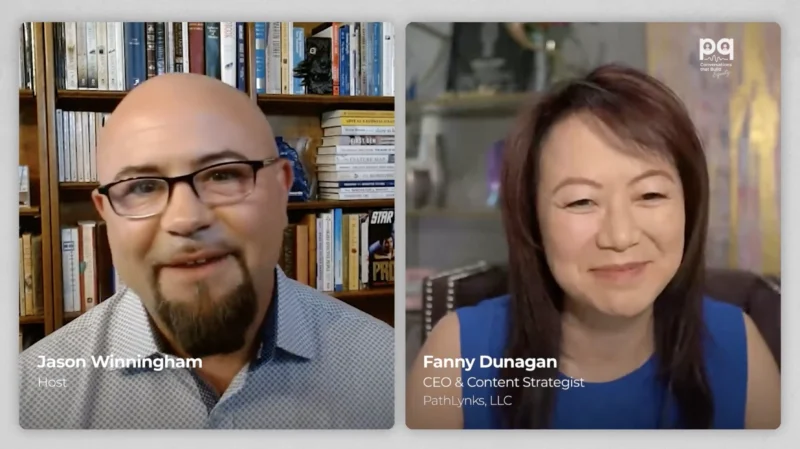With a Wallet-Tightening Economy, Financial Advisors Can Assuage Clients’ Fears By Promoting Self-Efficacy
Financial pressures are looming larger than ever thanks to tight economies, increasing retail debt, and skyrocketing interest rates. Subsequently, financial advisors find themselves in a crucial yet tricky role. They are not just managing portfolios; they are managing emotions, particularly those of anxious or stressed clients.
Some experts in the field are saying advisors often face pushback when they immediately offer sound advice to clients in distress. But there are strategic questions advisors can ask to ease a client’s emotional state. These questions facilitate a deeper dialogue and help the clients recognize their own wisdom, boosting their self-efficacy.
By understanding the nuanced differences between a client’s stress and anxiety, financial planners can tailor their approach—be it through action-oriented solutions for the stressed or offering emotional safety nets for the anxious. The ultimate goal is to deliver financial advice in a way that clients are most receptive to and in helping improve the advisor-client relationship.
Meghaan Lurtz, is a Professor of Practice at Kansas State University. With a multidisciplinary background that spans psychology, finance, and therapy, Lurtz brings a uniquely comprehensive approach to the field of financial planning. Along with teaching, she is a Founding Strategic Advisor at fintech company, Couplr. Her work, especially around how to manage client relationships in times of stress or crisis, has been a valuable resource for financial planners navigating the complexities of modern financial environments.
Lurtz questioned the impact high costs have on people, but stressed that financial advisors are they key to helping assuage those fears. She stated that advisors have to tailor advice to where the client feels much more hopeful than fearful
Lurtz’s Thoughts
The Role of Financial Planners in a Stressful Economy
“My name is Megan, Dr. Megan Lurtz, and I have been asked to give a quick comment or two on the following question. With an economy tightening consumers’ wallets, increasing ways to get in debt hole with retail debt, and more expensive credit card and high interest rates, how is this going to be impacting financial management professionals as they guide their clients? What major stressors are impacting clients and therefore the work of financial planners?”
Advisors’ Role in Unpredictable Market Conditions
“Yes, we are in a very stressful environment, but advisors, whether the markets are down, whether the markets are up, sometimes just crazy things happen to clients in their lives. So it’s not uncommon, it’s part of the advisor’s job to answer those phones when clients are nervous.”
Using Narrative Therapy Techniques to Calm Clients
“The question comes from narrative therapy. And what the point of the question is, is to try to get a person, try to get the client to think of themselves in another dimension, in like sort of the advice-giving dimension. So imagine the client calls, the client’s very nervous about what’s happening with interest rates. Instead of responding to the client and saying, ‘Hey, yeah, this is a really crazy time. You know, why don’t you come in? We can review your portfolio,’ do the following. So the client calls, they’re nervous. You say, ‘Hey, thank you so much for calling. You know, this is great that we’re having this conversation before we go any further. I actually have a question that I would like to ask you.'”
The Importance of Self-Efficacy in Financial Advice
“One of the best ways to help calm them down is to raise their own self-efficacy, help them to recognize their own knowledge. The trick about saying, ‘What would you say to your best friend’ is people are nice to their best friends. So they’re going to be very compassionate with themselves.”
Addressing Anxiety and Stress in Financial Planning
“There can be anxiety and there can be stress. And lots of times these things happen comorbid. They, that means they show up together, but they are very different. People that are experiencing stress, they want a to-do list because they want to feel like they’re making change. As opposed to people that are feeling anxiety, anxiety comes from within. And these people will tend to avoid.”
Tailoring Financial Advice to Individual Emotional States
“Some people will default to inaction because of the anxiety versus stress. And if you’ve asked that first question, you know, we’ve come to the meeting now with like what to do now in the meeting, you can kind of help decide what the best next action is, which might be to sit with the client. And the other one might be to help the client come up with their to-do list.”
Article written by Alexandra Simon.







